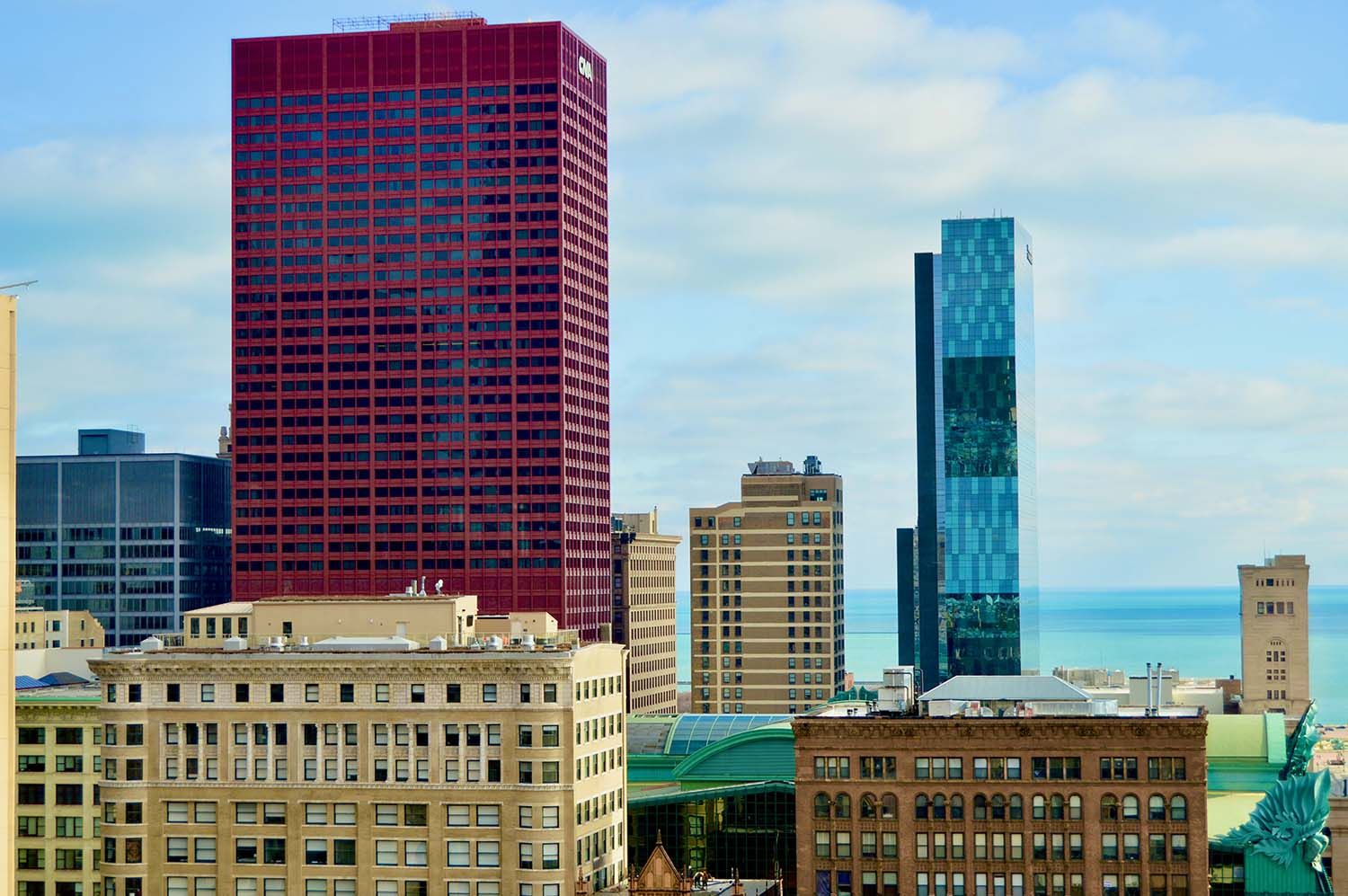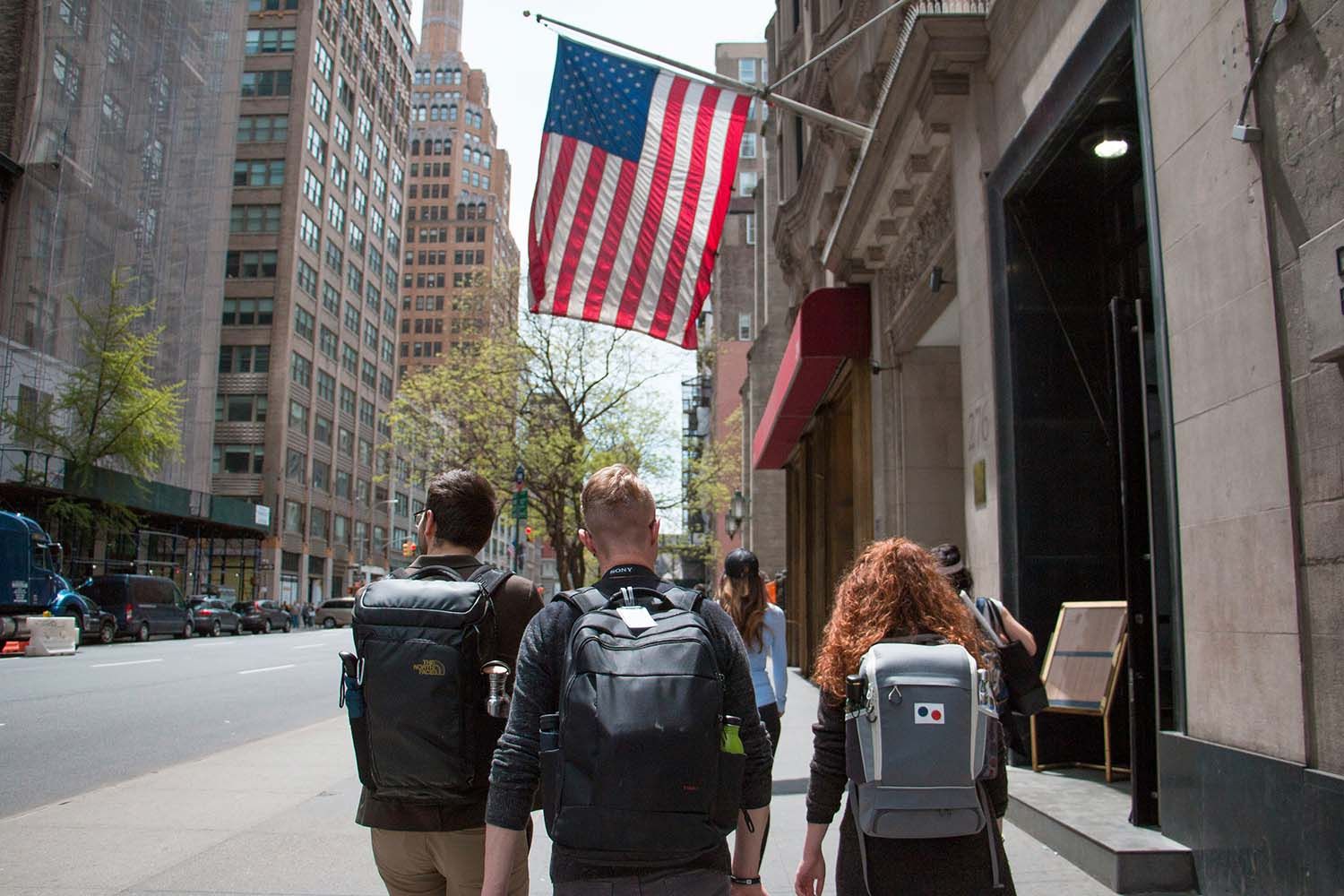The American E-2 visa is a unique tool for entrepreneurs who want to do business in the United States without immediately obtaining a green card. Unlike other investment visas, it does not require massive investments and offers flexible conditions for doing business. But what exactly does it offer, who is it suitable for, and how can it be obtained? Let's break it down.
What is an E-2 visa
This special type of visa is a non-immigrant category intended for businesspeople from countries that have treaties with the United States. These countries include: Albania, Argentina, Armenia, Australia, Austria, Azerbaijan, Bahrain, Bangladesh, Belgium, Bolivia, Bosnia and Herzegovina, Bulgaria, Cameroon, Canada, Chile, China (Taiwan), Colombia, Congo (Brazzaville), Congo (Kinshasa), Costa Rica, Croatia, Czech Republic, Denmark, Ecuador, Egypt, Estonia, Ethiopia, Finland, France, Georgia, Germany, Grenada, Honduras, Ireland, Israel, Italy, Jamaica, Japan, Jordan, Kazakhstan, South Korea, Kosovo, Kyrgyzstan, Latvia, Liberia, Lithuania, Luxembourg, Macedonia, Mexico, Moldova, Mongolia, Montenegro, Morocco, Netherlands, New Zealand, Norway, Oman, Pakistan, Panama, Paraguay, Philippines, Poland, Romania, Senegal, Serbia, Singapore, Slovak Republic, Slovenia, Spain, Sri Lanka, Suriname, Sweden, Switzerland, Thailand, Togo, Trinidad and Tobago, Tunisia, Turkey, Ukraine, United Kingdom, Yugoslavia. Citizens of Russia and China cannot take advantage of this program. The essence of the visa is to provide foreign entrepreneurs the opportunity to invest capital in American commercial enterprises and directly participate in their management.
Important: if you have citizenship of one of the partner countries, you are also required to have lived in that country for at least two years before applying for the E-2 visa. This rule was introduced by the U.S. government in 2023 and is aimed at preventing the use of "economic passports" solely for immigration purposes.

A key feature of the E-2 visa is its temporary status. Unlike programs that lead to permanent residency, it is valid only as long as investment activity is maintained. However, this does not prevent the visa holder and their family from legally residing in the U.S. as long as their business remains operational and meets established requirements.
The philosophy of this visa category is based on the principle of mutual benefit. On one hand, the American economy receives additional financial input and new jobs. On the other, foreign investors gain access to one of the world's most promising markets. Program participants can either establish new enterprises or acquire shares in existing companies. A critically important condition is actual commercial activity — the creation of fictitious enterprises solely for visa status is strictly suppressed by immigration authorities.
E-2 visa eligibility requirements
To qualify for the E-2 visa, an applicant must meet several key requirements. First, they must be a citizen of a country that has a relevant treaty with the U.S. (unfortunately, Russia and China are not on this list). Second, the investment must be substantial and directed toward a real, operating business.
Key conditions:
- Investments must be "at risk" — simply depositing money or buying property to rent out is not allowed.
- The business must generate income sufficient to support the investor and their family.
- The investor must play a key role in managing the company (you can't just invest money and not participate in operations).
- Funds must be legal and verifiable.
Investment amount and requirements
The E-2 visa program differs fundamentally from EB-5 in its approach to investment amounts. While EB-5 requires strict minimums (800 thousand or 1.05 million dollars depending on location), E-2 follows a fundamentally different logic. Here, the key criterion is not the absolute value of the investment but its proportional significance for the specific business.
In practice, consular services typically expect to see investments in the range of 100 thousand dollars. However, it’s important to understand that this is not an official minimum, but rather a common practice. For small businesses (e.g., family cafés or local service companies), more modest investments may be approved — provided they are indeed "substantial" for the particular business.
This flexible approach allows the requirements to be adapted to real economic conditions in different regions of the U.S. and the specifics of various business models. The main thing is to demonstrate that the invested funds are truly capable of ensuring the sustainable operation and growth of the enterprise in the U.S. market.
Key investment requirements:
- By the time of application, funds must either already be invested in the business or be in the process of active transfer. Purely declarative promises of future investments are not sufficient — documentary evidence of actual capital movement is required.
The nature of the investment is fundamentally important:
- Passive investment forms (such as purchasing securities, including stocks and bonds) are prohibited
- Investments in speculative assets are not allowed
- The core business must be operational and productive
Employment of U.S. citizens is a mandatory condition, although there are no set quotas for the number of jobs created. It is enough to demonstrate that the business activity contributes to local employment.
Special attention is paid to the origin of investment funds:
- Full financial transparency is required
- The legality of the capital sources must be documented
- If borrowed funds are used, evidence of their collateral with liquid assets is mandatory
Benefits of the E-2 visa
The main advantage of the E-2 visa is its flexibility. Unlike EB-5, you don’t have to wait years for approval, and the investments can be significantly smaller. Moreover, the visa allows the entire family to live in the U.S.: the spouse gets the right to work, and the children — to attend American schools.
Another key benefit is that obtaining an E-2 visa does not make you a U.S. tax resident for “global” income. This means you can live and do business in the U.S. without being required to pay U.S. taxes on income earned outside the U.S.
Another important advantage is the ability to renew the visa an unlimited number of times, as long as the business remains active. This makes the E-2 an excellent alternative for those not ready to invest huge sums but who want to reside legally in the U.S.
Finally, the E-2 visa does not require knowledge of the English language or special education. The main thing is to prove that the business is real and generates income.

Limitations and pitfalls
Despite all its advantages, the E-2 visa has drawbacks. First, it does not directly lead to a green card — if the investor wants to obtain permanent residency, they will have to consider other options, such as EB-5 or EB-1C.
Second, the business must remain profitable. If the company runs at a loss for several years, the visa may not be renewed. Problems will also arise if the investor does not actively participate in management (e.g., lives abroad and is only formally listed as the owner).
Another nuance — not all countries have an E-2 visa treaty with the U.S. Citizens of Russia, China, India, and some other countries cannot apply unless they have second citizenship.
Who is the E-2 visa for: examples
The E-2 visa is ideal for entrepreneurs who want to develop a business in the U.S. without massive investments. Here are some examples of who it may benefit:
- Small business owners (cafés, shops, beauty studios).
- Freelancers and IT specialists opening their own company in the U.S.
- Real estate investors who develop a management business (not just rent out apartments).
- Entrepreneurs with experience in other countries who want to enter the U.S. market.
- The key is that the business must be real, and the investor must be able to prove its potential. In this case, the E-2 visa becomes an excellent tool for living and working in the U.S.
Conclusion
The E-2 visa is a flexible option for entrepreneurs who want to do business in the U.S. without massive investments. It gives the right to live in the country, send children to American schools, and renew one’s status indefinitely. However, it's important to remember the requirements: the business must be real, profitable, and actively managed. If all conditions are met, the E-2 becomes an excellent alternative to other investment visas.





